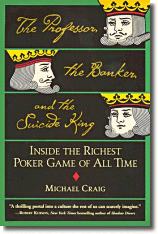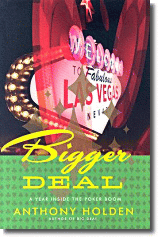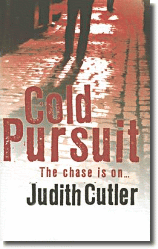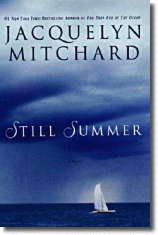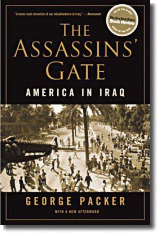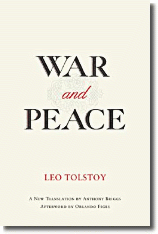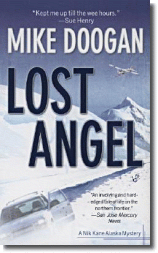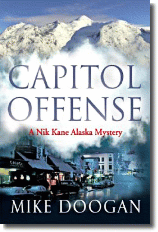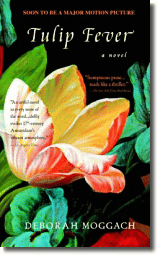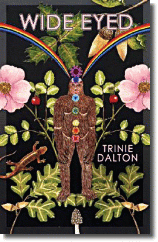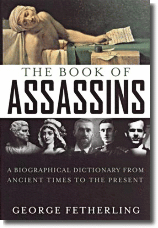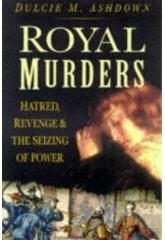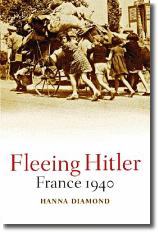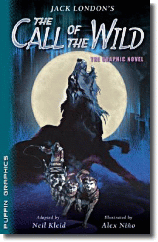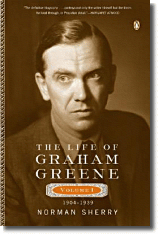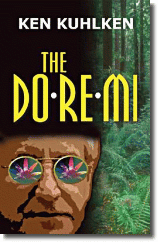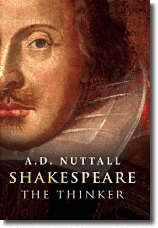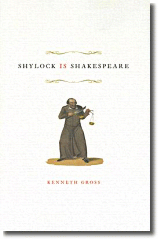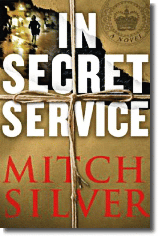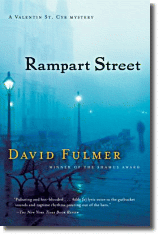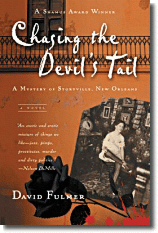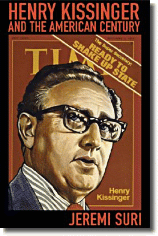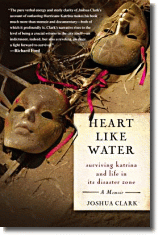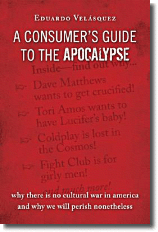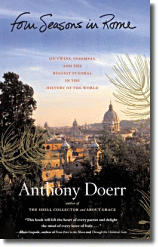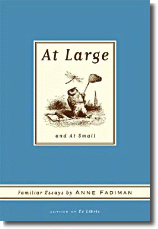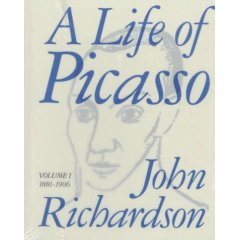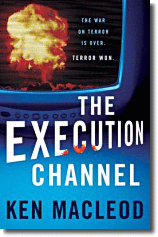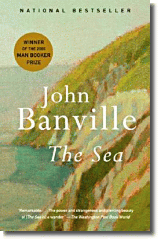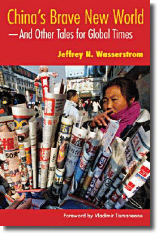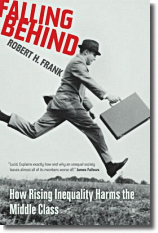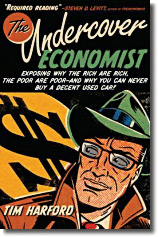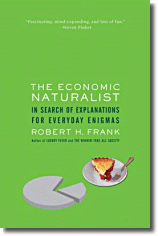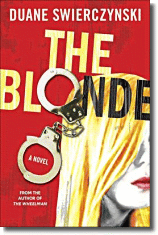About the book, from the publisher:
Among the praise for the novel:The Law of Dreams tells the story of a young man's epic passage from innocence to experience during The Great Famine in Ireland of 1847.
On his odyssey through Ireland and Britain, and across the Atlantic to “the Boston states,” Fergus is initiated to violence, sexual heat, and the glories and dangers of the industrial revolution. Along the way, he meets an unforgettable generation of boy soldiers, brigands, street toughs and charming, willful girls – all struggling for survival in the aftermath of natural catastrophe magnified by political callousness and brutal neglect.
Peter Behrens transports the reader to another time and place for a deeply-moving and resonant experience. The Law of Dreams is gorgeously written in incandescent language that unleashes the sexual and psychological energies of a lost world while plunging the reader directly into a vein of history that haunts the ancestral memory of millions in a new millennium.
"Peter Behrens' superb The Law of Dreams is an emotional epic done in shadow-show, a lucid dream of the past, bearing echoes of Melville and Ondaatje, conveying scents and shimmers of a vanished world under the skin of our own."Peter Behrens' collection of short stories, Night Driving, was published in 1987. His stories and essays have appeared in Tin House, Brick, Best Canadian Stories, Best Canadian Essays, the Atlantic Monthly, and many anthologies. After his first story published in the US appeared in the Atlantic Monthly and was optioned in Hollywood he began to work as a professional screenwriter. The Law of Dreams is his first novel.
— Jonathan Lethem
". . . absorbing, unsparing and beautifully written ... a masterly novel."
— Kevin Baker, New York Times Book Review
"Behrens’s impressive, swiftly paced saga tracks the life of an Irish boy after his family dies during the Great Potato Famine.... In scope and subject, Behrens’s work recalls Liam O’Flaherty’s epic novel “Famine”; both writers have a stark style admirably suited to conveying the horrors of starvation and despair. But Behrens’s language also has a visceral rhythm, and his similes meld the humble with the lyrical: whales rise “hissing” in a river, light “stutters” off an iron roof."
— The New Yorker
"A portrait of desire rendered in darkly lyric tones. Peter Behrens is a highly gifted conjurer; the past he evokes is as mythic as it is historic, as seductive as it is nightmarishly, gorgeously real."
— Heidi Julavits
"This book is a beautifully written, poetically inspired tale of heroism, love, yes and sex, and the triumph of the human spirit over murderous greed. It's a long road that Behrens makes shorter with many a surprising turn. The Law of Dreams is one great book. I stayed up into the wee hours to finish it. I envy you this journey."
— Malachy McCourt
Visit Peter Behrens' website and read an excerpt from The Law of Dreams.
The Page 69 Test: The Law of Dreams.
--Marshal Zeringue
